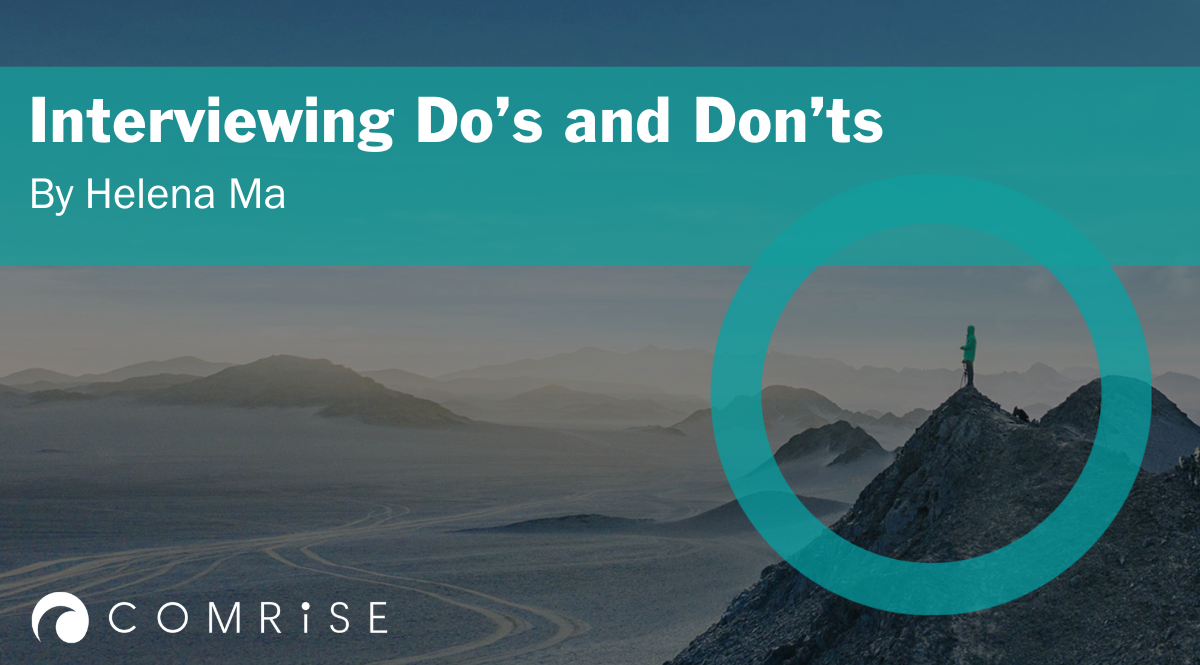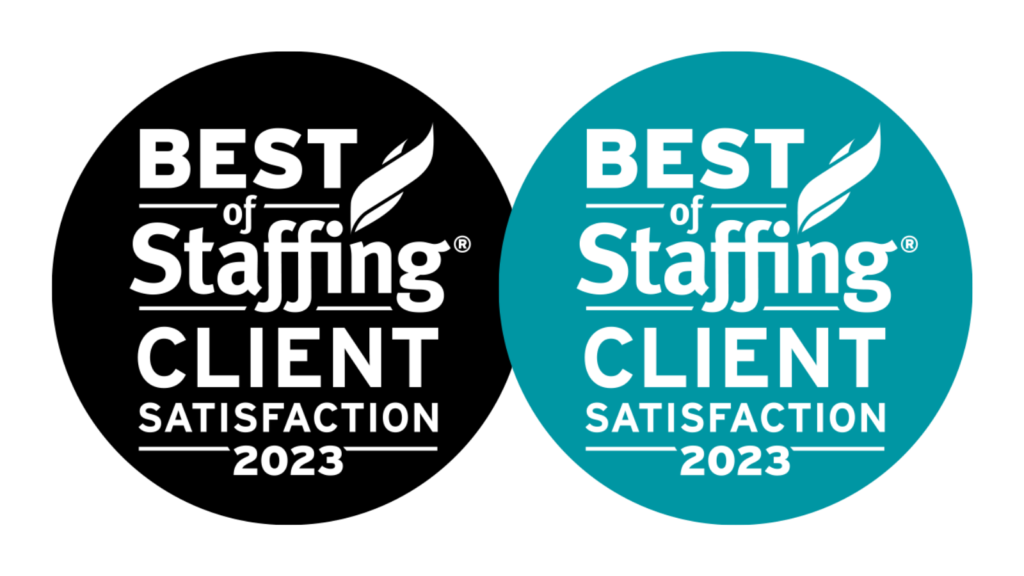“There’s no “magic bullet” to getting the right answers from candidates and ensuring the right hire,” interview expert, Nancy Newell told the audience. In fact, taking the steps to find the right hire takes a lot of discipline and hard work. Yet, there are steps hiring managers can take to create a better, more consistent process and minimize hiring mistakes.
DO conduct behavioral interviews.
Behavioral interviewing is key to hiring, because it helps predict future success on the job by looking into past behavior. Thus, questions should be shaped to look at previous behavior – not potential behavior. A question that begins with “Tell me about a time when…” for example, is much more predictive than “What would you do if…” which tends to lead candidates to say what they think you want to hear, rather than give a real-life example that provides insight into their skills, personality and work ethic.
DO use the same measurement tool on the same candidate.
Ask the same questions of every candidate. The minute you stop using the same yardstick, the yardstick doesn’t measure anything. You can’t find your rock star that way. (Follow up questions can be different.) Your candidates are smarter, they’re savvier, and they’re going to challenge your skills as a recruiter.
DO get over your own biases.
Don’t write off a bad first impression as a deal-breaker, because it’s exactly that – an impression. “If the industry equivalent of Kobe Bryant applies to your organization, and there’s a typo on his resume and you screen him because of that typo…your screening process is flawed,” says career coach Newell. The same goes for writing someone off who doesn’t show up to an interview dressed in the way you might think is “proper,” The person could easily be coming from another job where the dress code is casual. These minor details don’t necessarily reflect the type of employee this candidate will be.
DON’T go into the interview blind.
It’s crucial that you have a clear idea of what you want your end result to look like. Before interviewing any candidate, consider the following questions:
- Why am I filling the job? (Are we growing, or are we replacing someone?)
- What’s missing on this team?
- What do our customers need, require and expect?
- Who’s the supervisor? What kind of person works best under this supervisor’s management style? What sort of person will fit best within this organizational culture?
- What skills am I willing to train on, and what skills do I need to hire for?
DON’T tip your hand.
Ask the questions first, then talk about the job and the company. Don’t lead them. What you say and when you say it matters. Explain what the interviewing process is going to look like.
DON’T jump the gun.
Only after the interview – when you have a chance to objectively assess your notes and compare him or her against the other candidates – should you evaluate the candidate. The interview is the time to gather data, which you can then analyze once the interview is over.
About Comrise
At Comrise, we offer customized solutions that are simplified for the full-time, part-time, direct-hire, contract, and permanent talent that your business needs. For over 39 years, we have delighted our clients and candidates by focusing on customer satisfaction, innovation, and flexible workforce solutions!
If you’re looking for new job opportunities click here, or if you’re looking for a reliable partner to help you secure top-notch candidates for hard-to-fill roles, click here.


